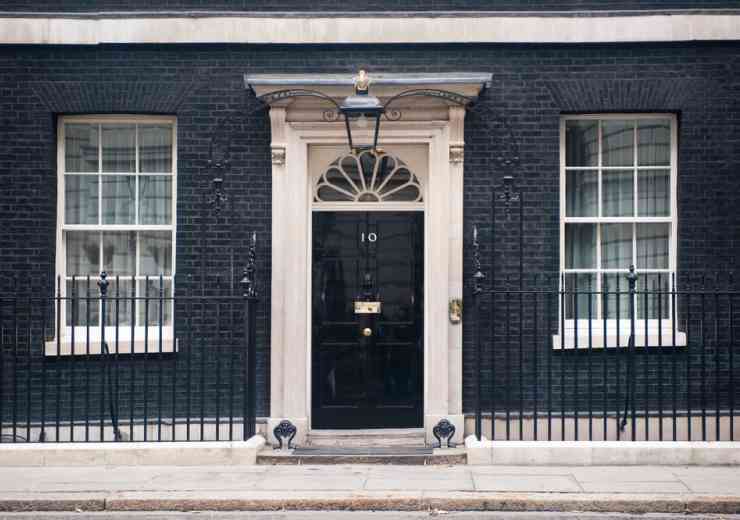UK’s risk management system is deficient and too inflexible
The Committee on Risk Assessment and Risk Planning has reported that the coronavirus pandemic has exposed the UK’s risk management system as deficient and too inflexible to provide the protection the nation needs for the most serious risks facing it.
The report concludes that the UK must be better at anticipating, preparing for and responding to a range of challenging risk scenarios, including those which it has never experienced before. The commitment emphasises that the government’s current strategy of centralised and opaque risk assessment and risk management, which fails to make adequate preparations, has left the UK vulnerable.
The committee recommends that the government should establish an Office for Preparedness and Resilience headed by a newly created post of Government Chief Risk Officer. This body would be responsible for producing independent analysis of UK preparedness. It would produce assessments of UK resilience, set resilience standards, and conduct audits of UK preparedness.
Furthermore, the report argues that ministers should act under a presumption of publication, and should publish the content of the Official-Sensitive National Security Risk Assessment except where there is a direct national security risk.
In addition, Parliament should take a more active role in scrutinising preparedness for risk. A yearly debate on the National Security Risk Assessment (NSRA) should be held by both Houses of Parliament.
Lord Arbuthnot of Edrom, chair of the committee, said: “Before Covid struck, we as a country knew that a pandemic was among the top risks that we faced. The government had been advised that in the event of a coronavirus pandemic, the country would suffer up to 100 deaths. Given that more than 140,000 people have now died in the UK, it is clear that we needed to re-examine our system of assessing and planning for extreme risks.
“Pandemics are not the only risks we face. Since the start of our inquiry, the UK has faced severe supply chain disruption, storms, terrorist attacks and threats to the nation’s fuel supply. The government must be able to identify lessons from all crises quickly and ensure it can translate them into real change.
"The government's risk management system defaults to a secretive and centralised approach that withholds safety critical information from those who need it - shielding it from full scrutiny and challenge. The government must open up the risk management system and welcome expert consultation from a wider variety of sources, as well as see our people as an essential building block.”
“Our inquiry has concluded that the UK must adopt a whole of society approach to resilience, one which emphasises the important role played by all sections of society in preparing for, adapting to and recovering from the effects of risk. Risk and resilience are not solely the concern of central government policymakers, and since they have the capacity to alter the lives of everyone in the country, everyone needs to be involved in shaping the response to the risks that we face.”
digital issue


























